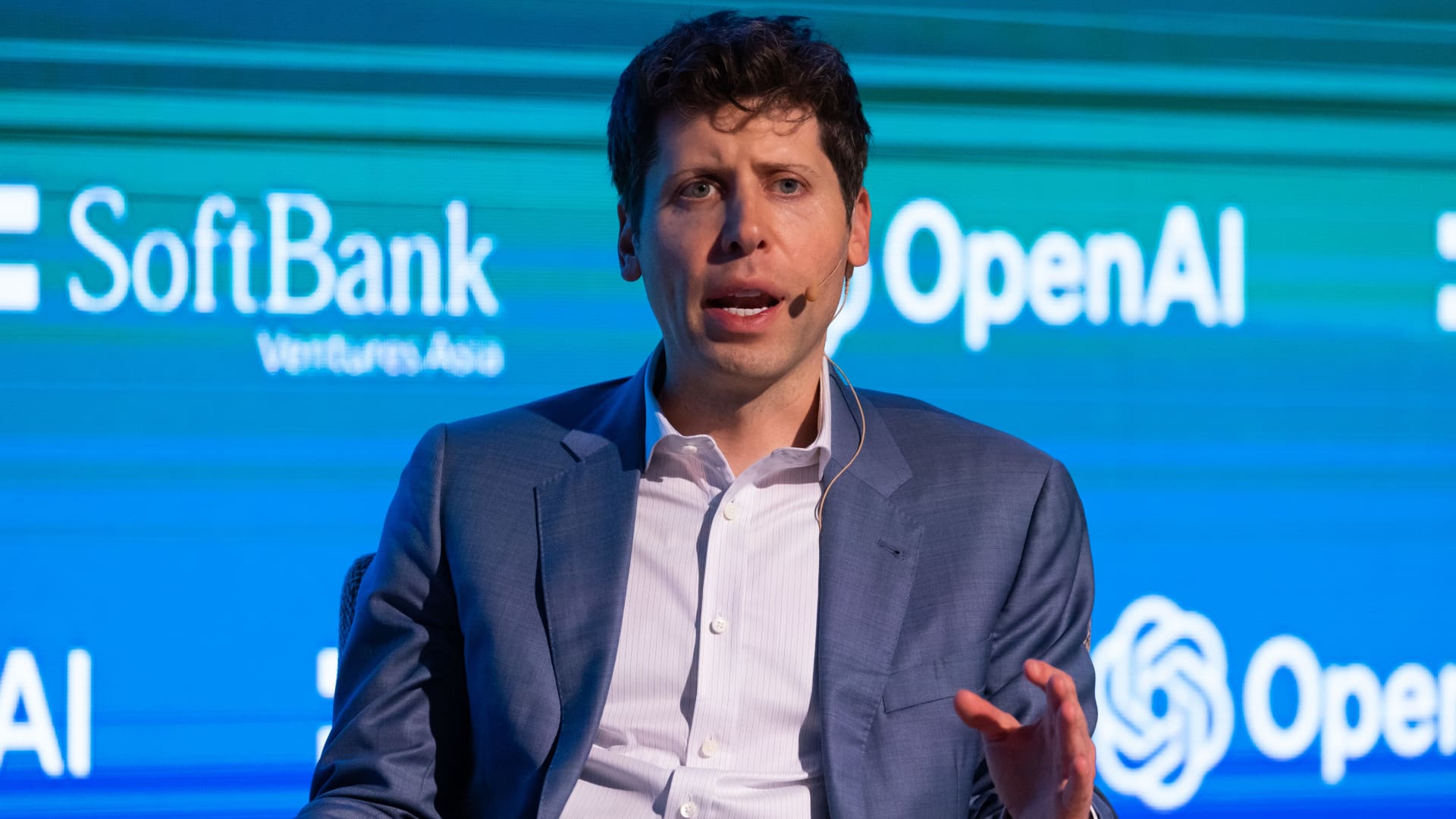By moving toward a new for-profit structure in 2025, the company will create a public benefit corporation to oversee business operations, removing some nonprofit restrictions and allowing it to operate like a high-growth startup, OpenAI said Friday.
“The hundreds of billions of dollars that major companies are now investing in AI development shows what it will really take for OpenAI to continue the mission,” OpenAI’s board of directors wrote in the post. “We again need to raise more capital than we had imagined. Investors want to support us, but with this amount of capital, they need traditional equity and less structural allocation.”
The pressure on OpenAI is tied to its $157 billion valuation, which was achieved in the two years since the company launched its viral chatbot, ChatGPT, and began the boom in generative AI. OpenAI closed its latest $6.6 billion round in October, preparing to compete aggressively with Elon Musk’s xAI as well as… MicrosoftGoogle, Amazon, and Anthropic are in a market expected to reach $1 trillion in revenue within a decade.
Developing the large language models at the heart of ChatGPT and other generative AI products requires continued investment in high-power processors, which is largely provided by Nvidiaand cloud infrastructure, which OpenAI receives largely from Microsoft’s largest backer.
OpenAI expects roughly $5 billion in losses on $3.7 billion in revenue this year, CNBC confirmed in September. These numbers are increasing rapidly.
By converting to a Delaware PBC with “common shares of stock,” OpenAI says it can continue business operations, while separately hiring staff for its nonprofit arm and allowing that wing to conduct charitable activities in health care, education and science.
The nonprofit would have a “strong interest” in PBC “with a fair valuation determined by independent financial advisors,” OpenAI wrote.
The complex structure of OpenAI as it exists today is the result of its creation as a non-profit in 2015. It was founded by CEO Sam Altman, Musk, and others as a research lab focused on artificial general intelligence, or AGI, which was quite a futuristic concept at the time.
In 2019, OpenAI aimed to move beyond its role as just a research lab in hopes of operating more like a startup, so it created what’s called a defined profit model, with the nonprofit still controlling the public entity.
“Our current structure does not allow the board to directly consider the interests of those funding the mission and does not enable the nonprofit to do more than simply control profit,” OpenAI wrote in a post on Friday.
OpenAI added that the change “will enable us to raise the necessary capital on traditional terms like our competitors.”
Musk’s opposition
OpenAI’s restructuring efforts face some major hurdles. Most important is Musk, who is locked in a heated legal battle with Altman that could have a major impact on the company’s future.
In recent months, Musk filed a lawsuit against OpenAI and asked the court to prevent the company from turning into a for-profit company from a nonprofit organization. In his posts on X, he called the effort a “total scam” and claimed that “OpenAI is evil.” Earlier this month, OpenAI responded, alleging that Musk in 2017 “didn’t just want to create a for-profit organization, he actually created one” to serve as the company’s proposed new structure.
In addition to its standoff with Musk, OpenAI has been dealing with an influx of high-profile talent, partly due to concerns that the company is focusing on taking commercial products to market at the expense of safety.
In late September, OpenAI’s CTO, Mira Moratti, announced that she would be leaving the company after 6 1/2 years. On the same day, Bob McGraw, head of research, and Barrett Zoff, vice president of research, also announced their departures. A month ago, co-founder John Shulman said he was leaving to work at rival startup Anthropic.
Altman said during a September interview at Italian Tech Week that the recent executive departures were not related to a potential restructuring of the company: “We have been thinking about it — our board has — for about a year independently, where We think about what it takes to get to the next stage.”
This wasn’t the first big name exit. In May, OpenAI co-founder Ilya Sutskever and former safety leader Jan Lyke announced their departure, with Lyke also joining Anthropic.
Laiki wrote in a social media post at the time that disagreements with leadership over the company’s priorities prompted his decision.
“Over the past several years, safety culture and processes have regressed to shiny products,” he wrote.
One employee, who worked under Leike, resigned soon after, writing on X in September that “OpenAI was organized as a non-profit, but operated as a for-profit organization.” “You shouldn’t believe OpenAI when it promises to do the right thing later,” the employee added.




